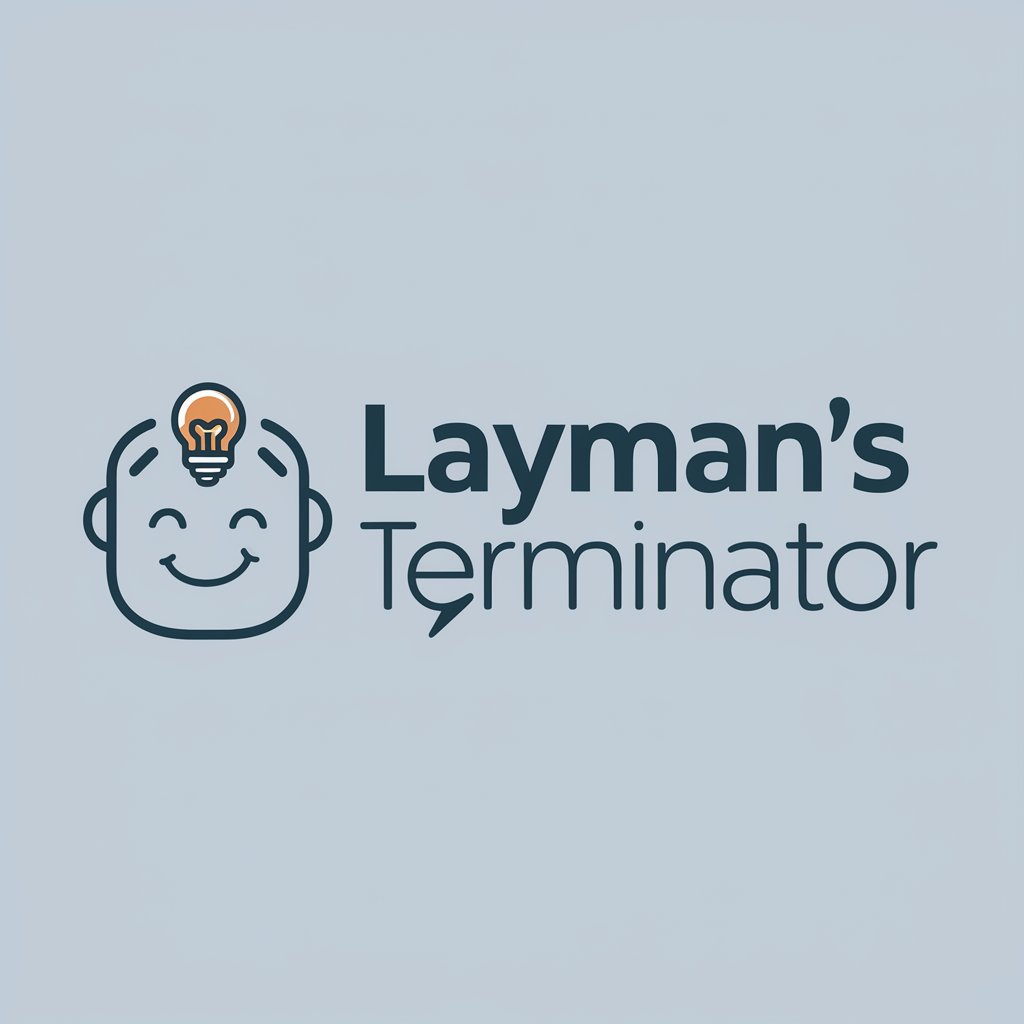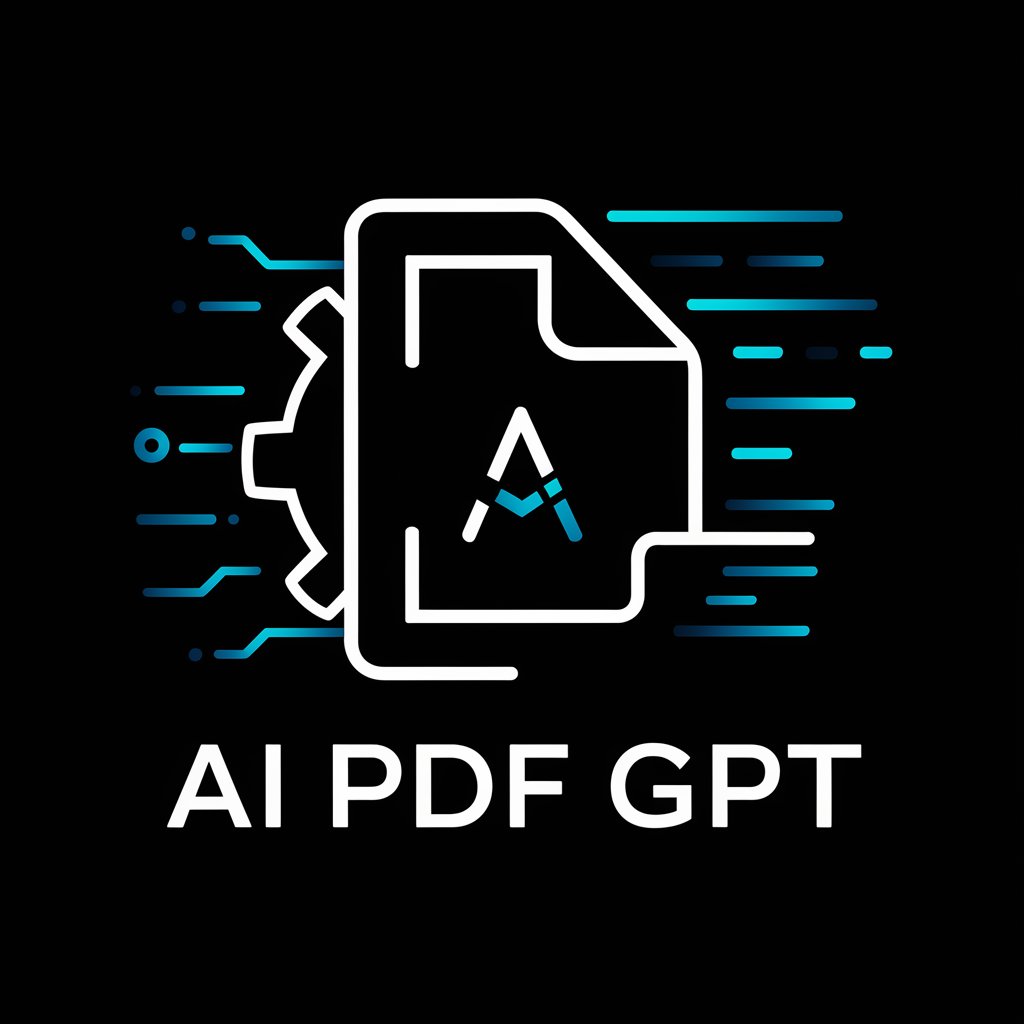📚 Refactoring Legacy C++ with Smart Pointers - C++ Memory Management Aid

Welcome to smart C++ refactoring with smart pointers!
Automate memory management in C++ code
Explain the benefits of using smart pointers in modern C++ development...
How do you identify candidates for smart pointer replacement in a legacy codebase...
What are the differences between unique_ptr, shared_ptr, and weak_ptr in C++...
Describe the steps involved in refactoring raw pointers to smart pointers in C++...
Get Embed Code
Overview of Refactoring Legacy C++ with Smart Pointers
📚 Refactoring Legacy C++ with Smart Pointers is designed to guide software engineers through the process of transitioning from raw pointers to smart pointers in a legacy C++ codebase. This refactoring enhances code maintainability, performance, and security by reducing the risk of memory leaks and undefined behavior associated with raw pointer usage. A typical example involves converting raw pointers that manage dynamic memory into `unique_ptr` or `shared_ptr`, which automatically handle memory allocation and deallocation. This shift not only improves code safety but also makes ownership semantics clear, simplifying code understanding and reducing bugs. Powered by ChatGPT-4o。

Primary Functions of Refactoring Legacy C++ with Smart Pointers
Analyzing Legacy Codebase
Example
Examining a C++ codebase with a high usage of raw pointers to understand their roles and the existing architecture.
Scenario
A company inherits a legacy C++ project and needs to assess the current pointer usage to identify candidates for smart pointer conversion. This analysis phase is critical for planning the refactoring process.
Replacing Raw Pointers with Smart Pointers
Example
Converting a raw pointer that points to a dynamically allocated object into a `unique_ptr` for exclusive ownership.
Scenario
In a legacy application, a raw pointer is used to manage a dynamically allocated object. By replacing it with a `unique_ptr`, the codebase eliminates the need for manual memory deallocation, reducing the risk of memory leaks.
Testing for Memory Leaks and Consistency
Example
Using tools like Valgrind to ensure that the refactoring did not introduce new memory leaks or alter the expected behavior of the code.
Scenario
After refactoring, developers need to validate the stability and reliability of the codebase. They use memory debugging tools to ensure that the changes did not cause unexpected behavior or resource management issues.
Ideal Users of Refactoring Legacy C++ with Smart Pointers
Legacy Codebase Maintainers
Software engineers responsible for maintaining and updating legacy C++ codebases. These users benefit from improved code safety and maintainability, allowing them to focus on feature development rather than debugging memory-related issues.
Development Teams Transitioning to Modern Practices
Teams seeking to adopt modern C++ standards and practices. By refactoring with smart pointers, they can align with contemporary development methodologies, improving code quality and reducing technical debt.
Software Consultants and Auditors
Professionals tasked with auditing or consulting on C++ codebases. They can use smart pointers to improve code reliability and provide recommendations for best practices to clients.

Guidelines for Using 📚 Refactoring Legacy C++ with Smart Pointers
Start your trial
Begin by visiting yeschat.ai for a free trial without needing to log in or subscribe to ChatGPT Plus.
Understand your codebase
Before using smart pointers, thoroughly analyze your existing C++ code to identify raw pointer usage and assess how they manage resources.
Identify conversion candidates
Determine which raw pointers in your code can be safely converted to smart pointers, focusing on those that require clear ownership semantics.
Select the right smart pointer
Choose the appropriate smart pointer type (unique_ptr, shared_ptr, weak_ptr) based on the ownership requirements of your pointers.
Refactor and test
Carefully replace raw pointers with smart pointers, refactor the associated management logic, and conduct thorough testing to ensure stability.
Try other advanced and practical GPTs
Explore Philosophy (Philosophy Tutor)
Unlocking Philosophy with AI

Explore Wonderful South Africa
Discover South Africa, AI-Powered Journey

Explore FASTER
Accelerate digital leadership and agility

TrueEarthASI.com Explore this REALM!
Explore Earth's mysteries with AI

API EXplore
Simplifying API exploration with AI

Explore France
AI-powered Personalized France Discovery

NeuroNinja
Empowering creativity and learning with AI

The Secret Chef
Demystifying food labels for healthier choices.

Home Renovation Consultant
AI-Powered Renovation Guidance

IceBreaker
Transforming Conversations with AI

Layman's Terminator
Demystifying complexity with AI power

Ai PDF
Unlock insights with AI-powered PDF analysis

Detailed Q&A About 📚 Refactoring Legacy C++ with Smart Pointers
What is the primary benefit of using smart pointers in legacy C++ code?
Smart pointers help manage dynamic memory automatically to prevent memory leaks and dangling pointers, thus enhancing code safety and maintainability.
When should I use shared_ptr instead of unique_ptr?
Use shared_ptr when an object's lifetime needs to be shared among multiple owners, whereas unique_ptr is suitable for exclusive ownership scenarios.
Can smart pointers improve performance in my application?
Smart pointers can potentially improve performance by eliminating manual memory management errors, though their overhead should be carefully considered in performance-critical applications.
How can I avoid circular references with smart pointers?
To prevent circular references, particularly when using shared_ptr, use weak_ptr for back references or in situations where pointers do not need to own the object.
What are some common pitfalls when refactoring with smart pointers?
Common pitfalls include overusing shared_ptr leading to unnecessary overhead, neglecting thread safety with shared_ptr, and failing to update interfacing code that relies on raw pointers.
